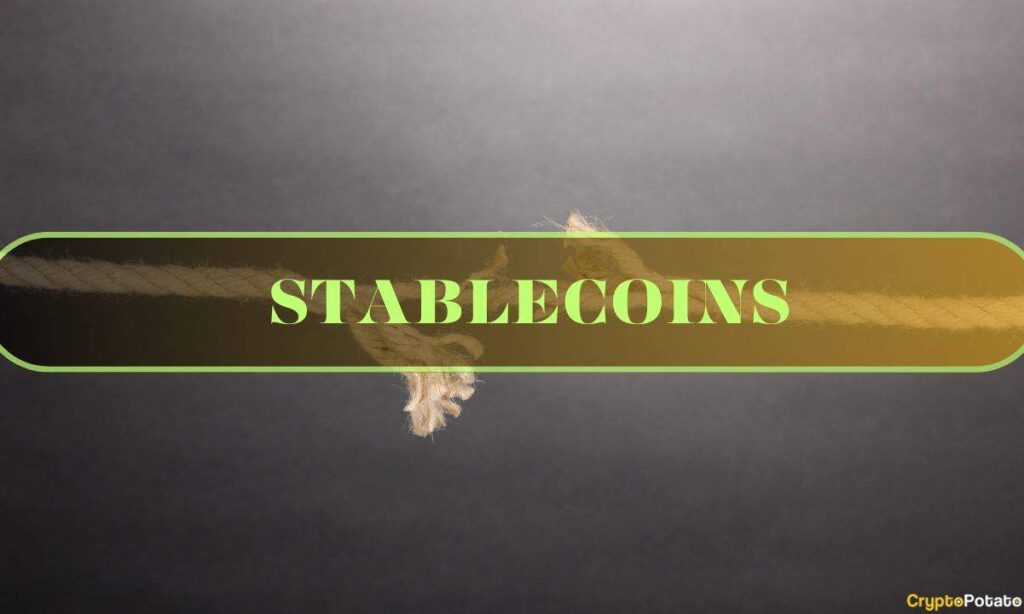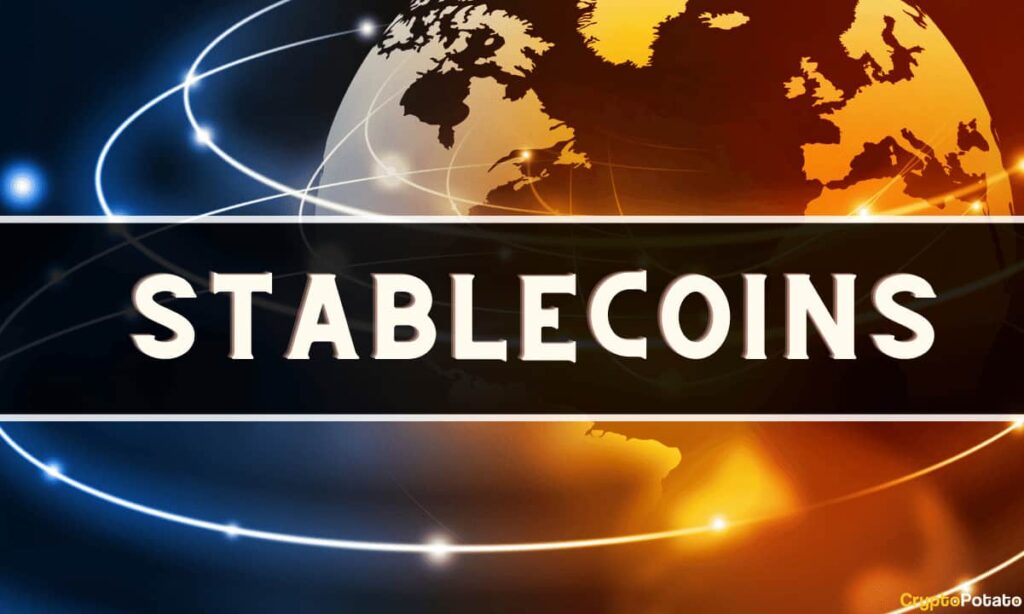Stablecoin issuer Circle is looking into the possibility of becoming a publicly traded company in the early months of 2024.
The development comes almost a year after its failed SPAC deal with Concord. Despite the collapse of this particular deal, Circle’s co-founder and CEO, Jeremy Allaire, later emphasized the company still planned to become a publicly traded entity.
Per the latest information from undisclosed sources cited in a Bloomberg report, Circle is in discussions with advisors as it gears up for a possible initial public offering (IPO).
These individuals, who wished to remain anonymous due to the confidential nature of the information, mentioned that the company’s deliberations are still in progress, and there is no assurance that Circle will ultimately opt for a public listing.
While the exact valuation Circle would aim for in an IPO remains uncertain, it had a valuation of $9 billion in its previous attempt to go public through a blank-check deal in 2022. Circle expressed optimism regarding its eventual transition to a publicly traded company, but it has not disclosed the specific particulars.
A Circle representative was quoted saying,
“Becoming a U.S.-listed public company has long been part of Circle’s strategic aspirations. We don’t comment on rumors.”
Failed Spac Deal
Last December, Circle announced terminating its business combination deal with special purpose acquisition company (SPAC) Concord Acquisition Corp as it joined the growing list of failed SPAC arrangements. The decision was reported to be mutual and approved by the boards of directors of both Circle and Concord.
The initial announcement of the business combination proposal was made in July 2021 when Circle had an estimated value of $4.5 billion. Subsequently, the deal was revised in February 2022, with the company’s valuation doubling to $9 billion, and the issuer of USDC stablecoin intended to go public by December 2022.
According to a report by Financial Times, Circle attributed the failure of the merger to the US Securities and Exchange Commission’s (SEC) delay in declaring the related S-4 registration effective within the specified timeframe, leading to the agreement lapsing on December 10th. A spokesperson from the company, however, denied blaming the financial regulator.


